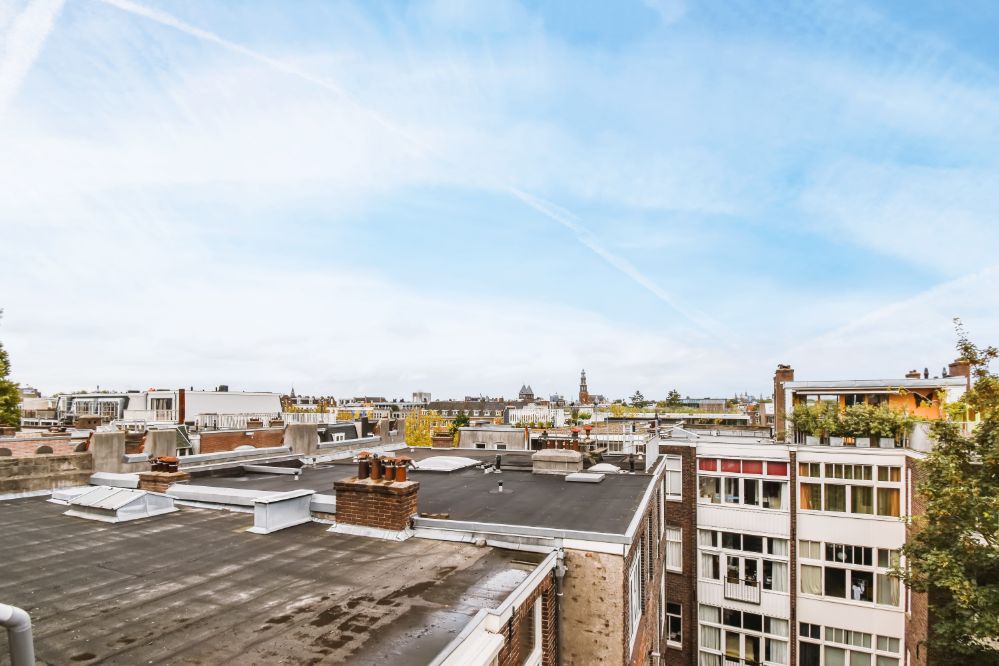Maintaining a well-functioning and structurally sound roof is crucial for any commercial building. However, over time, wear and tear, extreme weather conditions, and other factors can cause damage and require repairs. When addressing commercial roof replacement, its essential to consider various factors to ensure the longevity and efficiency of the roof.
Roof Inspection
Before initiating any repair work, it is crucial to conduct a thorough inspection of the commercial roof. Identify signs of damage such as leaks, cracks, blistering, or ponding water. Engaging a professional roofing contractor to assess the condition of the roof will provide valuable insights and help determine the appropriate repairs needed.
Material Selection
Choosing the right materials for commercial roof repairs is essential for long-term durability. Consider factors such as weather conditions, energy efficiency, and budget constraints. Common commercial roofing materials include TPO, EPDM, PVC, metal, and modified bitumen. Each material has its advantages and disadvantages, so it’s important to select one that suits the specific needs of the building.
Roofing Contractor
Selecting an experienced and reputable roofing contractor is vital for successful repairs. Look for contractors who specialize in commercial roofing and have a proven track record of quality workmanship. Consider factors such as licenses, insurance, warranties, and references when making your selection.
Budgeting
Before starting any repair work, establish a realistic budget. This will help you prioritize repairs, make informed decisions on material selection, and avoid unexpected expenses. Obtain quotes from multiple contractors and compare them to ensure you’re getting the best value for your money.
Timing
Addressing roof repairs promptly is crucial to prevent further damage and minimize disruption to your business operations. Delaying repairs can lead to more extensive damage and higher repair costs in the long run. Plan repairs during a period of low business activity to minimize inconvenience.
Code Compliance
Ensure that any repairs made to the commercial roof comply with local building codes and regulations. Failure to comply can lead to fines, penalties, and additional repairs in the future. A reputable roofing contractor will be familiar with local codes and can ensure that the repairs meet the necessary standards.
Safety Measures
Roof repairs can be hazardous, so it’s essential to prioritize safety. Provide proper training and equipment to the workers involved in the repair process. Ensure that the roofing contractor follows safety protocols and adheres to Occupational Safety and Health Administration (OSHA) guidelines.
Roof Drainage
Addressing roof drainage is crucial to prevent water accumulation and potential damage. Ensure that the gutters, downspouts, and drainage systems are functioning correctly. Improper drainage can lead to ponding water, leaks, and structural issues.
Insulation and Energy Efficiency
Consider the insulation and energy efficiency of the commercial roof during repairs. Proper insulation can help reduce energy costs and improve indoor comfort. Explore options for adding or upgrading insulation to maximize energy efficiency.
Maintenance Plan
After completing the repairs, establish a regular maintenance plan to prolong the lifespan of the commercial roof. Regular inspections, cleaning, and proactive maintenance can help identify and address potential issues before they become major problems.
